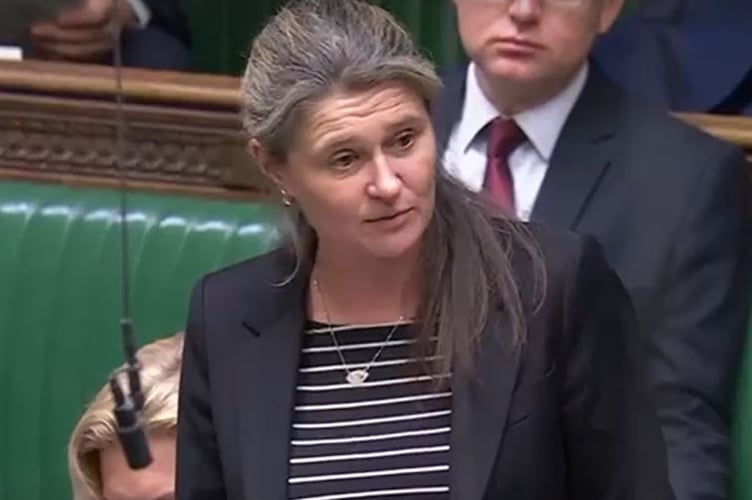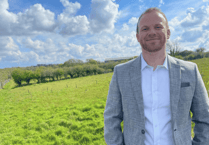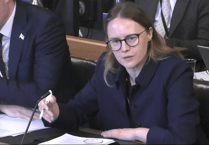TOOTH decay is a real problem, especially for our children. In Cornwall, a shocking 30 per cent of five-year-olds already have tooth decay. That cannot continue.
We have limited access to dentistry here.
Like many others, I have felt this decline - I lost my NHS dentist after COVID and haven’t been able to register with a new one since. I have chipped teeth which haven’t been fixed. On the doorstep, dental care is one of the top concerns raised with me. It’s easy to see why: the South West is a dental desert.
When I first went to Westminster, I made it one of my missions to increase access to an NHS dentist in the Duchy. After a year of raising the issue in parliament and holding meetings behind the scenes, we’ve seen some progress. Thousands of urgent dental appointments are now available through NHS111 with Cornish dentists, a recruitment drive is underway, and 10,000 children across the region now take part in supervised toothbrushing sessions through The Big Brush Club.
Toothbrushing education is important, but it is only part of the solution. Our rural communities need practical support. Thankfully, we are starting to see real progress on that too, in the form of a new dental van, in Cornwall and the Isles of Scilly, launched by the NHS in collaboration with Smile Together Dental CIC.
The van will bring dentists to remote communities, including fishing families and military veterans, and perform a range of services from examinations to urgent care. Patients who have been waiting for an NHS dentist will be contacted when the van visits their area and invited to book an appointment. A visit can be scheduled around school and work.
Recently, I visited the Peninsula Dental School at Treliske in Truro, part of the University of Plymouth. Fourth-year dental students train in the on-site clinic in Truro and offer free dental care. They provide essential treatment and have been picking up serious health issues like mouth and skin cancers, referring patients for urgent care. It was brilliant to hear about their community outreach, which spans more than 30 local groups, from homeless shelters to care homes.
The Dental School has capacity for 80 students, but only 58 of these places are funded. This cap hasn’t been updated in years — a missed opportunity given the urgent need for more NHS dentists. Cornwall is the ideal place to train them, and we need a bigger workforce.
Training a dentist costs the NHS around £36,000 per student per year. We need to reform the system and the dental contract, fund more training places, and take action to retain more dentists within the NHS.
I know that progress feels slow. And while the vans and urgent appointments are a sticking plaster, it’s another step to rebuilding what has become undone in recent years and could have enormous implications for those in need of dental care. More proactive measures are coming, as we move towards a new NHS model of preventing sickness, rather than treating it.





Comments
This article has no comments yet. Be the first to leave a comment.